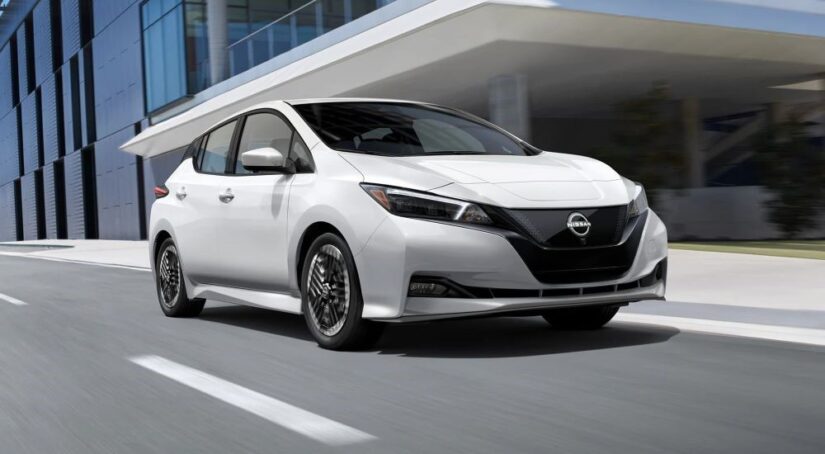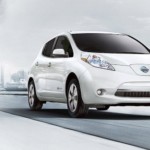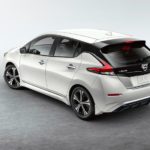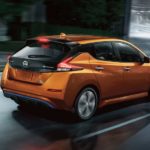There are a lot of people on the hunt for a new vehicle these days, and electric models are an increasingly popular choice. Modern EVs are affordable, have decent range, and can be a good way to save money on travel expenses. The Nissan LEAF is one such EV. It offers two battery options and is capable of fast charging to 80% in as little as 40 minutes. Nissan has integrated a diverse collection of features and upgrades into the 2023 Nissan LEAF, making it a compelling choice for many buyers. If you are looking for a Nissan LEAF for sale, you are in good company.
Many people are either adamantly for or against electric vehicles because they come with a lot of pros and cons. While they are great vehicles for some applications, they are not right for everyone. EVs are still an emerging technology with some limitations, while gas vehicles have been proven to function well for over a century. That being said, when gas cars were first introduced, they were often ridiculed for being less reliable than a horse and carriage. EVs are now considered very reliable, and the main issues that people have with them have more to do with the number of charging stations and the time it takes to recharge than with anything wrong with the vehicles themselves. These drawbacks can mean a little or a lot depending on your circumstances, usage, and location. For many, the Nissan LEAF will be a great choice.
Is an EV Right for You?
When considering your first EV, you’ll want to analyze details like the range and recharge times to see which is the best option for you. If you do lots of long-distance travelling, an EV is probably not going to be an excellent fit for you because, as an emerging technology, quick chargers are not always readily available. That being said, there are always more charging stations being added, and the LEAF does have a range of 342 km with the available 60 kWh battery. If you do most of your driving to and from work and around town, the LEAF could be a great choice for you.
EVs also have significantly less required maintenance than gas engines since they have many fewer components. No more spark plug replacements, exhaust patches, or oil changes are needed when you own an electric vehicle. Regular tune-ups also aren’t required since the electric motors don’t require a carefully balanced mixture of fuel and air ignited by a spark to function optimally. If you are considering an EV for your next car and like the idea of less maintenance and lower fuel costs, and are willing to deal with the limitations of growing infrastructure, then an EV is worth considering.
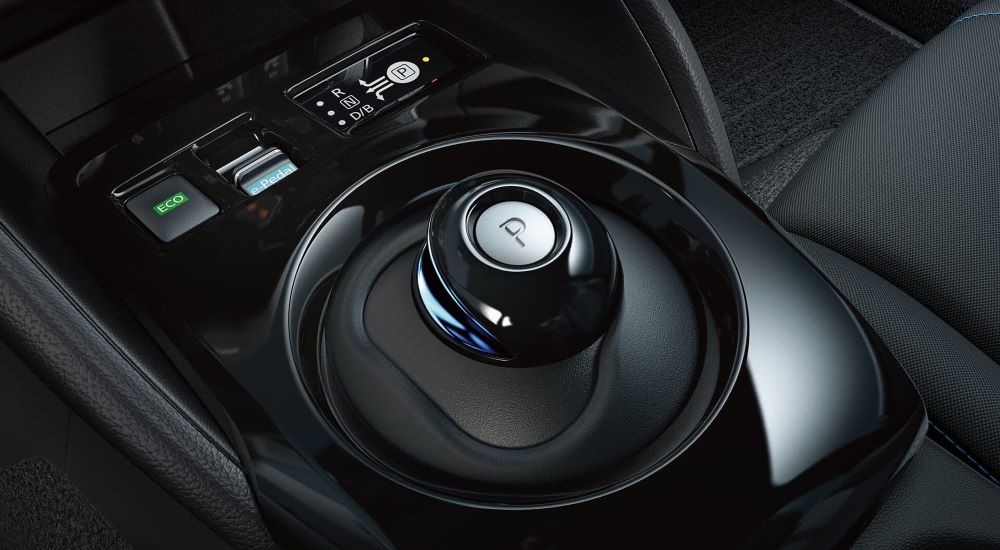
2023 LEAF Batteries and Performance
One of the biggest questions a buyer asks about any vehicle is how it performs. With EVs, this question is going to be a little different since they don’t have an engine in the traditional sense. You’ll want to ask about the range and horsepower. The 2023 Nissan LEAF has two powertrain options: a 40 kWh battery and a 60 kWh battery. These different batteries come with different levels of power and range. The 40 kWh battery is capable of 147 hp and a 240 km range, while the 60 kWh battery produces 214 hp with a 342 km range. If you are planning on doing a lot of local driving and don’t care too much about power, the 40 kWh battery option is a good economical choice. However, if range and horsepower are very important to you, then the 60 kWh battery will be a better pick.
One of the fun things about EVs is their fast acceleration and high torque. A traditional gas engine only produces peak torque over a very limited rpm range. Electric vehicles like the LEAF don’t have any such restrictions. This means when you put your foot down on the accelerator, your LEAF will immediately respond with 100% of its 250 lb-ft of torque. Nissan also has a cool feature on the LEAF called the e-Pedal, which allows drivers to accelerate and brake with only the gas pedal. All you need to do is depress the pedal to accelerate or release it to decelerate. Don’t worry; the LEAF still has a brake pedal for emergency braking, but the e-Pedal is pretty fun for casual driving.
Charging Options
Since charging times are a leading concern for skeptical buyers, let’s take a look at what charging the Nissan LEAF looks like. Canada has nearly 17,000 public Level 2 chargers and almost 4,000 Level 3 DC quick charge stations across the country. Because more chargers are being installed constantly, it is only a matter of time before they are as common as gas stations. While the Level 2 chargers take a significant amount of time to charge, people who don’t travel long distances frequently won’t notice much of a difference. All you need to do is plug it into a Level 2 home charger in the evening, and you’ll be on your way with a full charge in the morning. You’ll have more than enough time to get to full charge, especially since the average commute isn’t going to come close to draining the battery.
Exactly how long it takes to recharge the 2023 LEAF will depend on the type of charger and which battery option the car has. A regular Level 2 home or public charging station will take eight hours to fully replenish the 40 kWh battery from empty or 11.5 hours for the 60 kWh battery. If you have access to a 50 kW Level 3 DC quick charger, you can charge 80% of the 40 kWh battery in 40 minutes or 80% of the 60 kWh battery in 60 minutes. If you find a 100 kW quick charger, the 60 kWh battery can charge 80% in only 45 minutes. Essentially, if you are looking to make a long trip, you’ll want to check for quick chargers along the way to ensure that you can make the trip in a reasonable amount of time.
The hundreds of kilometres you can travel on a single charge allows most drivers to get where they need to go on a daily and weekly basis without ever needing to stop at a public charger. It can even be enough to only charge when you reach your destination on more extensive trips. Most people looking to get EVs are going to be using them almost entirely for shorter commutes and errands. EVs are great for this application, especially when you live in a more densely populated area since charging stations are more prevalent and driving distances are shorter.
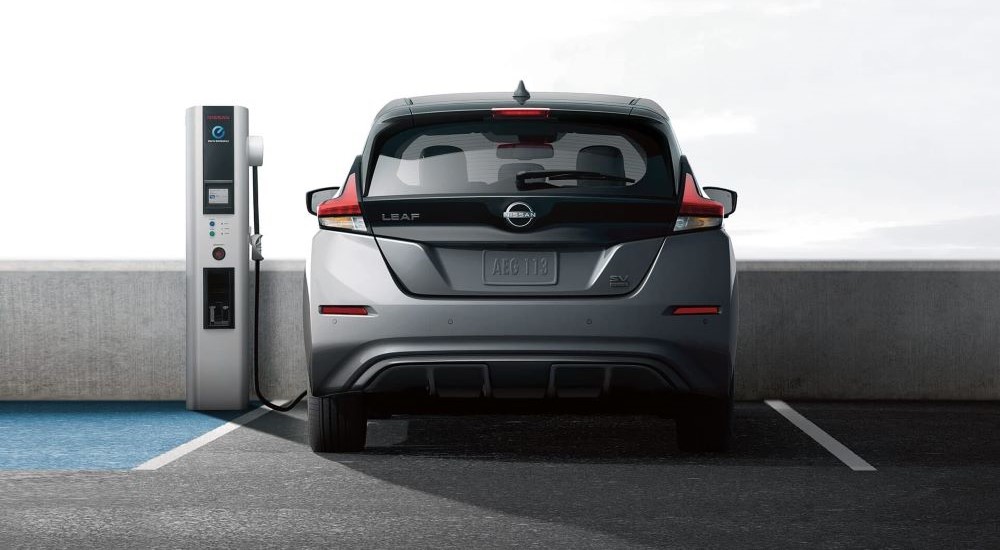
Is the Nissan LEAF a Good Choice?
This is an exciting time to buy an EV since they are still a relatively new technology. They are reliable and provide good value in the short and long term, but they are not the perfect choice for everyone. Due to the current infrastructure shortcomings, you’ll want to make sure that there are good options for charging either at your home, at work, or wherever you regularly travel. That being said, the number of charging stations is steadily increasing, so this is becoming less of an issue.
The Nissan LEAF is a capable and affordable electric vehicle with many features that make it as fun as it is economical. The two battery options give LEAF buyers an opportunity to fit the car to their needs and budget. If you are considering buying a Nissan LEAF, I’d recommend going for a test drive to see if you enjoy the experience and ask the dealership lots of questions to see if you live in a good area for EVs and if it is a good fit for you.
